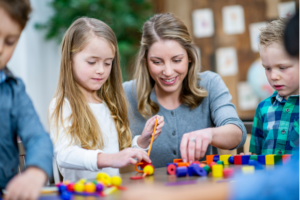Young carers unable to get a break in lockdown
Lockdown restrictions and anxiety related over COVID-19 have added to the difficulties faced by many young carers, according to a new study.
The study by researchers at the University of East Anglia found the current pandemic meant many of them were unable to get a break or spend time with friends, go to school or engage in a hobby.
Researchers found the loss of established routine has also had an impact on the physical and mental health of parents, which in turn has increased the caring burden on young carers.
And despite these very difficult circumstances, many young carers felt unable to complain, as this would be ‘selfish’ and insensitive to the person they were caring for.
The report publish calls for any child under the age of 18 living with a parent or sibling with substantial disability, physical health needs or mental ill health to be automatically regarded as a young carer during the on-going pandemic and supported accordingly.
Also, that the stipulation of both the Care Act 2014 and the Children and Families Act 2014 that no child should undertake inappropriate and/or excessive care be given additional weight within this health crisis.
There are an estimated 800,000 young carers in the UK providing essential care for their families.
The work was led by Dr Kate Blake-Holmes, of UEA’s Centre for Research on Children and Families (CRCF), and involved support organisation Caring Together and their lottery-funded Norfolk Young Carers Forum project.
‘The increase of pressure and stress for young carers was palpable within many of the interviews. Participants described not being able to ‘get space’ to manage their stress, with some describing school as the only place where they could get ‘breathing space’,’ said Dr Blake-Holmes.
‘The young carers who took part in this study were very aware of the limited resources available to change things in the face of COVID-19 and its associated restrictions. Instead, they gave wider messages that they felt would be beneficial for young carers.
‘All felt that awareness needs to be raised about what it means to be a young carer. This awareness raising was important for health, social care and educational services and staff, within the general public, and also, their own peer group.
‘Young carers’ voices are central to understanding the impact of these responsibilities and they should be involved in all aspects of research, as well as policy and service development,’ she added.
Photo Credit – Ohurtsov (Pixabay)
















